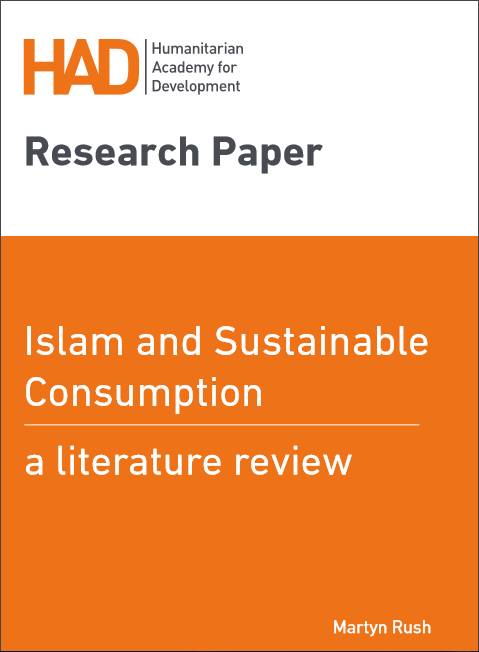
A Literature Review
When undertaking a survey of the literature regarding Islam and sustainable consumption, a number of challenges present themselves. The first is definitional – when defining and demarcating what counts as an ‘Islamic’ response to this question it is important to note that the sheer diversity and decentred nature of ‘Islam’ precludes neat boundaries.
Islam, ultimately, is what self-identifying Muslims do, and say, and perform, at any one time. Islam, after all, functions as a verb, rather than a noun. Not only space, and time, but the entanglement of individual and group identity adds further dimensions of complexity. Intersecting with this problematic is the contested definition, and relative novelty, of the concept of ‘sustainable consumption’. For Tim Jackson, the concept emerged as recently as 1992, arising out of Agenda 21 and the Rio Conference (Jackson:2014, p281). He identified as many as eight mainstream definitions – including ranging from consuming less, consuming differently or consuming efficiently; from protecting the living standards of future generations to protecting the environment – or balancing the two (Jackson:2014, p281). In putting forward an ‘Islamic view’, one is naturally weighing into these discussions, and taking a position.
Office
https://had-int.org/
Reference
Martyn Rush (2018) Islam and Sustainable Consumption, Humanitarian Academy for Development, Birmingham, UK.





